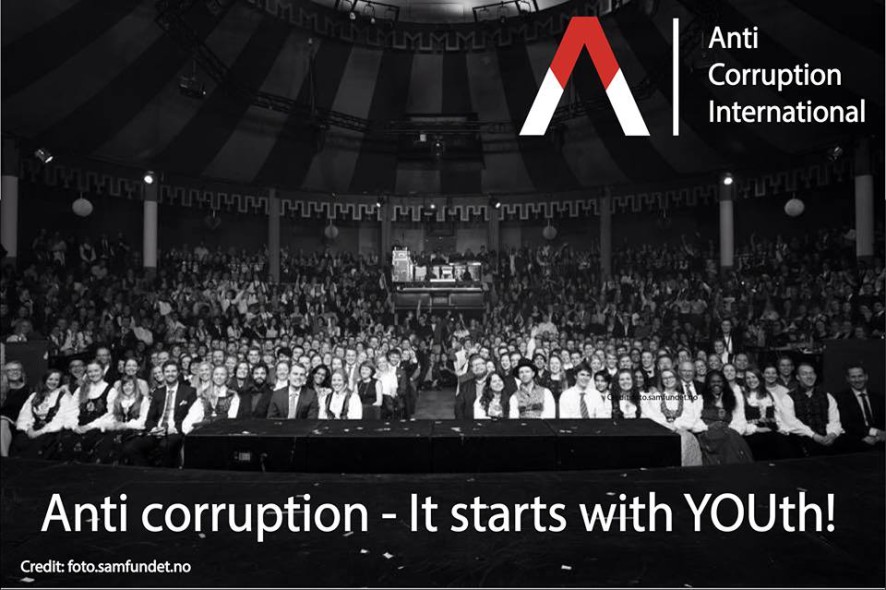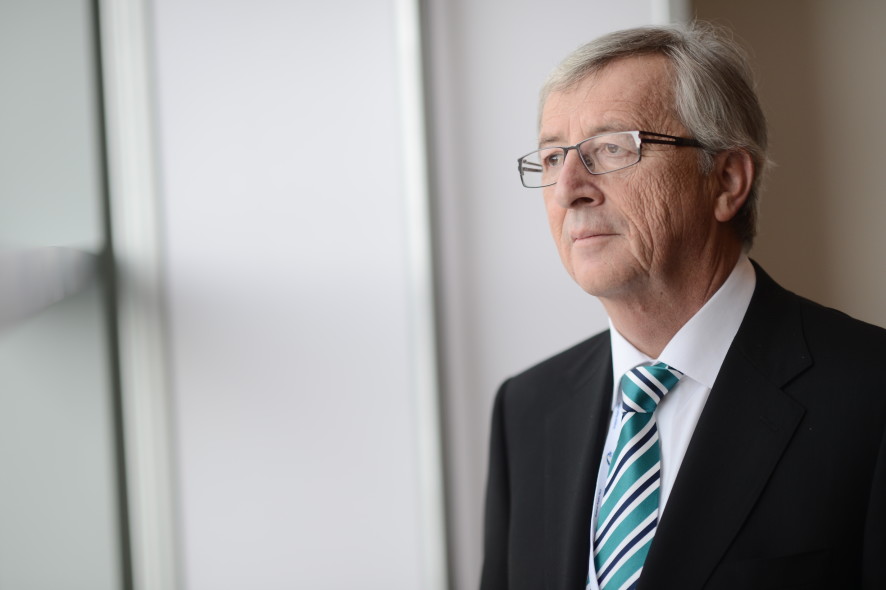Anti-Corruption International (ACI) is an innovative non-profit organization aiming to bring together young people from around the world to research and combat corruption related issues, share experiences and develop ideas in a constructive environment to fight corruption and to put pressure on institutions to implement anti-corruption mechanisms. We know that ACI can bring about revolutionary change in the world and we are determined to make a world free from corruption a reality. Following the International Student Festival in Trondheim (ISFiT), we were successfully established the 20th March 2015 and have been expanding across Europe and indeed the world, establishing national chapters and working on local and international corruption issues. Our first national chapter was launched in Dublin, Ireland, the country where the international organisation is now registered.
From our early stages of development we have sought to ensure mutual growth through collaboration, and working with partners such as the European Student Think-tank has been a tremendous help for the work we do. So if you are interested in ensuring corruption finds no home within Europe, then you are more than welcome to join the work we do. Over the next months we have a number of plans to revolutionise not only how corruption is discussed but to explore how it impacts core underpinnings of such important values as democracy, rule of law and development. For us it is important to ensure that young people use the energy and motivation to ensure that we harness their propensity for change and see real tangible results. In this regard, during the next few months we will be working on launching our first young African leaders summit in Uganda and also kicking off projects in Germany on whistleblowers and corruption. We are really excited to be a part of the Pitching Europe project: It is so important to highlight how valuable it can be to work together towards a common goal(s) and we look forward to working more with this initiative over the coming months and years to come.
Anti-Corruption International is looking forward to working with the EST in Macedonia within the next months, where we have a series of Anti-Corruption workshops planned to promote transparency and create corruption awareness amongst citizens and students.
President of Anti Corruption International, Jason Deegan, was an EST Ambassador two years before founding the organization. About his experience in ACI, Jason has stated:
“This is where I am writing from now, because of my experiences in the EST I have been inspired to work with young people from around the world to tackle a global issue, the issue of corruption. Within 6 months we have expanded rapidly and consider to do so, we are reaching out to build partnership with youth organisations such as the EST and will continue to work with young people from around the world in relation to how we can best tackle corruption”.






